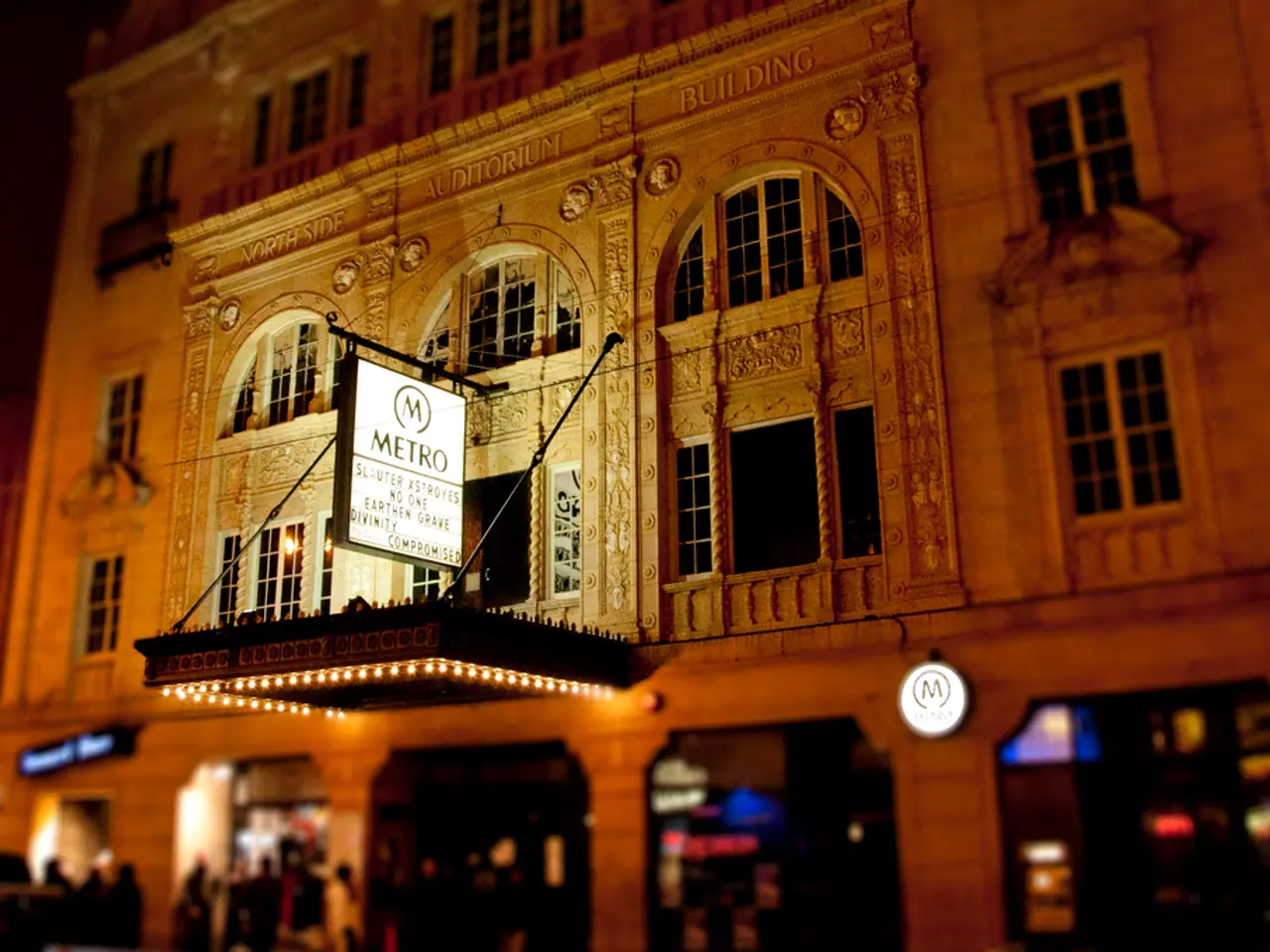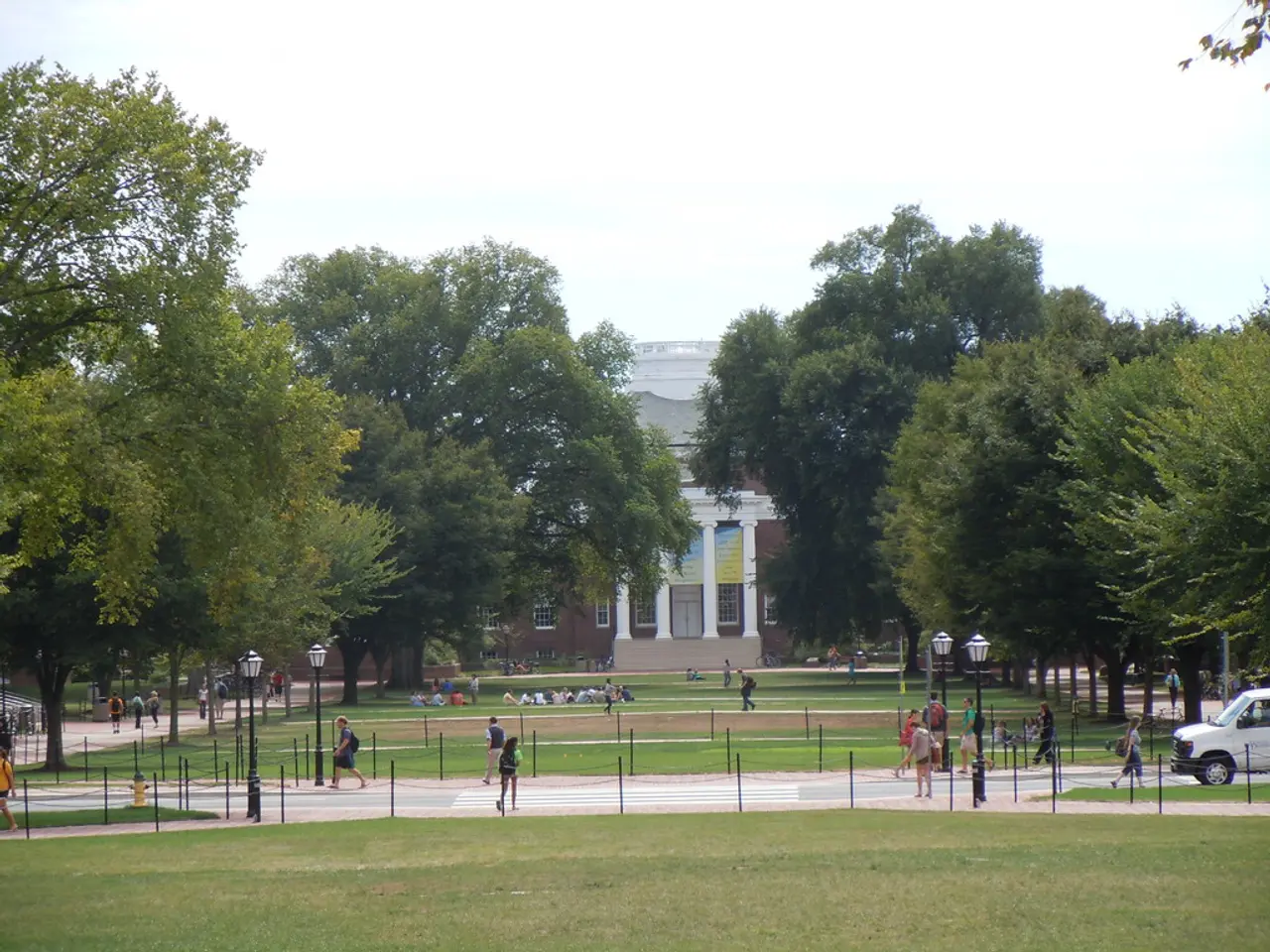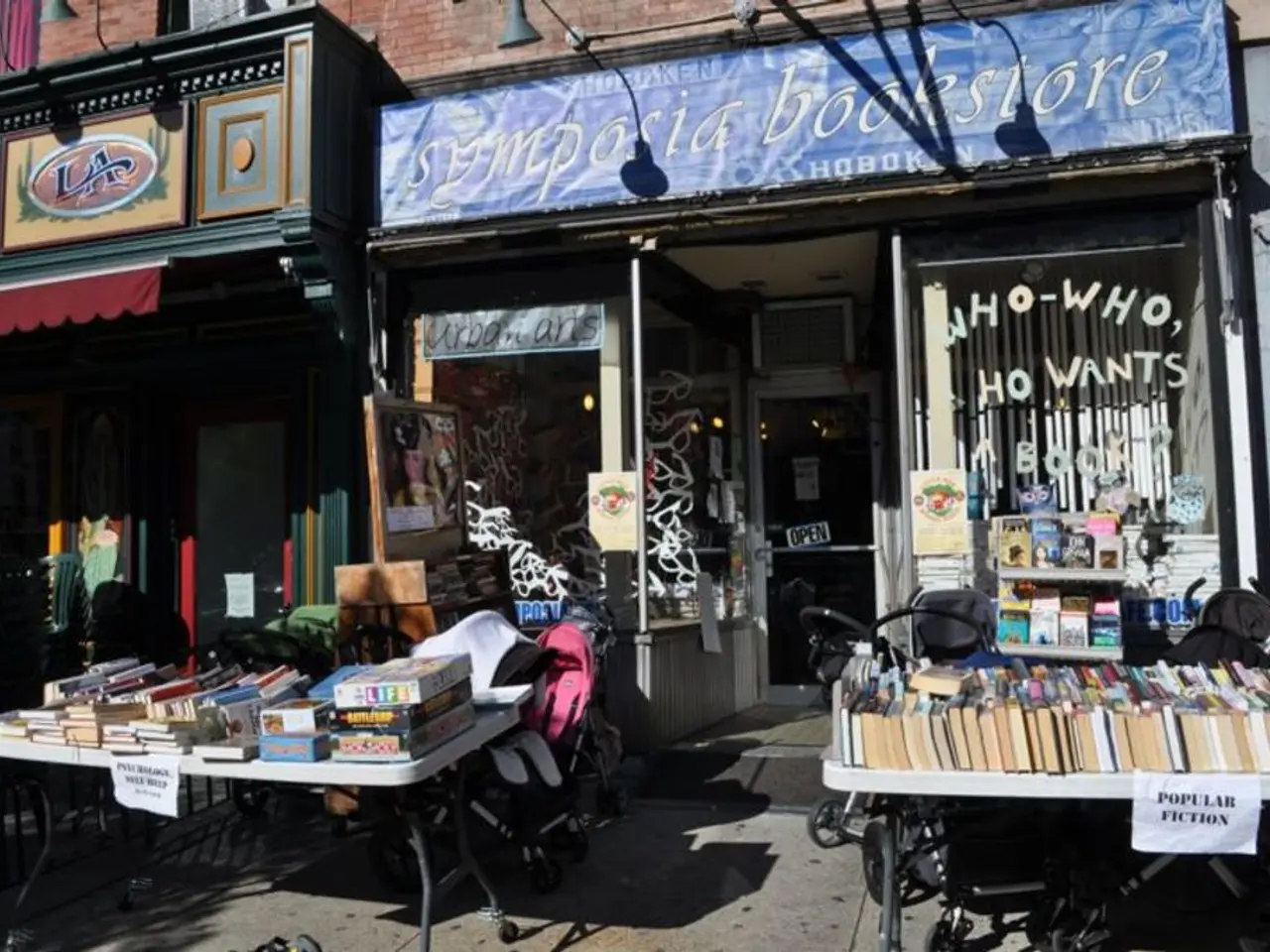Centennial Celebration and Display at Bremen City Hall for Gewoba, spanning a century of history
Gewoba Aktiengesellschaft Wohnen und Bauen, a major housing and construction company based in Bremen, celebrated its 100th anniversary on October 10, 2024, at the Upper Town Hall in Bremen. The event was marked by an exhibition commemorating the company's eventful history and significant contributions to the housing landscape in Bremen and Bremerhaven over the past century.
A Century of Social Responsibility
Founded in 1924 as the "Non-Profit Housing Construction Association of the Free Trade Unions for Bremen and Surroundings," Gewoba's primary goal was to create affordable housing for worker families and employees. Over the years, the company has grown and evolved, becoming a modern housing company that actively engages in meeting the needs of a growing city, while also being a pioneer in climate protection.
Throughout its history, Gewoba has demonstrated a strong commitment to social responsibility. This commitment is evident in the establishment of the GEWOBA Foundation in 1999, which supports education, and the sponsorship of cultural events like the annual Stadtteil-Oper, fostering neighborhood identity and participation.
A Turning Point in the 1980s
The 1980s were a challenging period for Gewoba, as it was part of the economically declining Neue Heimat. Accompanied by scandals, this period marked a low point in the company's history. However, a turning point came in 1987 when the Bremen Senate sought to separate the apartments and properties in Bremen and Bremerhaven from the overall concern and finally acquired them. This move marked a significant improvement for approximately 40,000 tenant households, the employees of Gewoba, and the cities of Bremen and Bremerhaven.
Pioneering Urban Development
Gewoba's impact on the urban landscape of Bremen and Bremerhaven is evident in various large-scale projects throughout the years. The company's first major housing project was the "Gewerkschaftsblock" in Gröpelingen, built between 1924 and 1929, considered the starting shot for social housing construction in Bremen.
In the 1960s and 1970s, urban densification was a key focus, with large projects like the Osterholz-Tenever settlement and the Columbus Center in Bremerhaven shaping the cityscape. Projects like the Garden City Vahr and the New Vahr created thousands of new apartments and set urban planning standards in the 1950s.
Looking Forward
The anniversary exhibition, located in the Town Hall's lower hall, showcases Gewoba's rich history and its role in the post-World War II reconstruction of Bremen. Mayor Andreas Bovenschulte praised Gewoba for its commitment to lived solidarity, strong neighborhoods, and livable districts, affordable rents, long-term support for social projects, art and culture, and exemplary ecological and economic construction projects.
Senator for Urban Development Özlem Ünsal emphasized the importance of maintaining the social housing quota of 30 percent in new construction and ensuring social diversity in districts, while also looking forward to continuing to shape housing construction in a socially just and climate-friendly manner.
The exhibition is open at the Town Hall until October 12, 2024, with free admission. For those interested in learning more about Gewoba's precise history from its founding to any centennial events, consulting Gewoba's official archives or historical publications would be necessary.
[1] Source: Gewoba's official website [2] Source: Gewoba's annual report 2023 [3] Source: Stadtteil-Oper's official website
- Gewoba's transformation over a century has shifted from being a non-profit housing construction association to a modern real-estate company, maintaining a focus on affordable living and climate protection while investing in the lifestyle of its tenants.
- As a pioneer in urban development, Gewoba has played a significant role in shaping the housing-market landscape of Bremen and Bremerhaven, with projects like the 'Gewerkschaftsblock' and the New Vahr being influential in setting urban planning standards.
- The company's active engagement in social responsibility is evident in various initiatives such as the establishment of the GEWOBA Foundation, supporting education, and sponsoring cultural events, as well as ensuring a 30% social housing quota in new construction and promoting social diversity in districts, while also striving for climate-friendly real-estate ventures.




